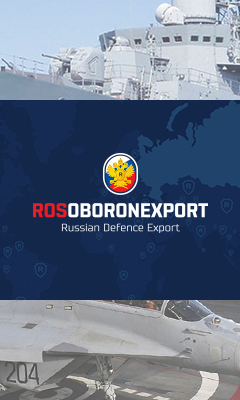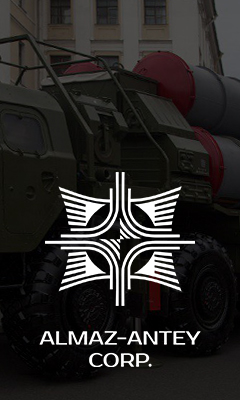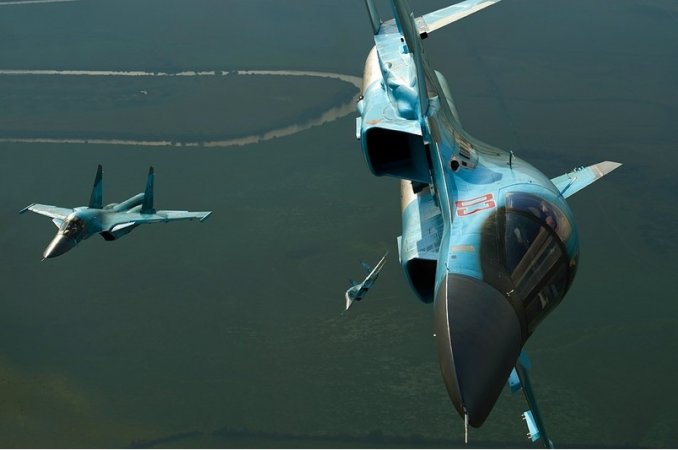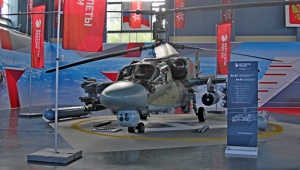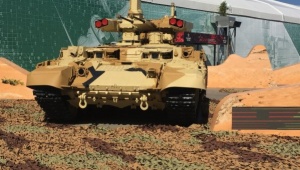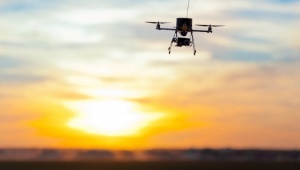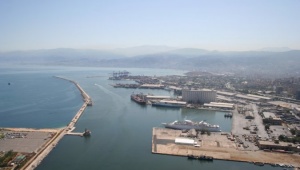An active military pilot who asked not to be named told the Voennoe.RF reporter that English language proficiency was not a necessary condition for service in the Russian Airspace Force. "Yet it’s not obligatory", he said having added that there were neither language courses nor interim assessments.
That was also confirmed by other officers and engineers of the Russian Airspace Force. "The main things are good health and general erudition", emphasized one of them.
Nonetheless, one interviewee offered an alternative viewpoint having stated that knowledge of a foreign language was a mandatory requirement for pilots and was regularly tested by commanders. This gives grounds to suggest that such matter directly depends on aviation branch.
According to Alexander Zhilin, the military expert and the director of the Social Applied Problems Research Center, English language proficiency level of some pilots may be quite unpersuasive. "We called this course ‘drunk prisoner interrogation’. Just learned how to use a dictionary", the expert recalled his study in the Air Force College.
As a reminder, the White House representative Josh Earnest said on October 19 that the US were counting on Russian pilots operating in Syria to communicate in English. According to him, that would help to avoid confusions in the Syrian sky.
On September 30, Russian aircraft at the request of Syrian government began to deliver air strikes upon positions of ISIS* (a terrorist organization banned in the Russian Federation). The Russian air group comprises over 50 warplanes and helicopters including Su-24M, Su-25, Su-30 and Su-34.
Russian Pilots in Syria Rejected US Request to Speak English
Rubric:
Conflicts
Shortly before that, the US officials asked Russian pilots attending the military campaign in Syria to speak English in accordance with "international safety rules". Voennoe.RF interviewed Russian aviators to find out whether speaking foreign language is a requirement for service in the Russian Airspace Force.











